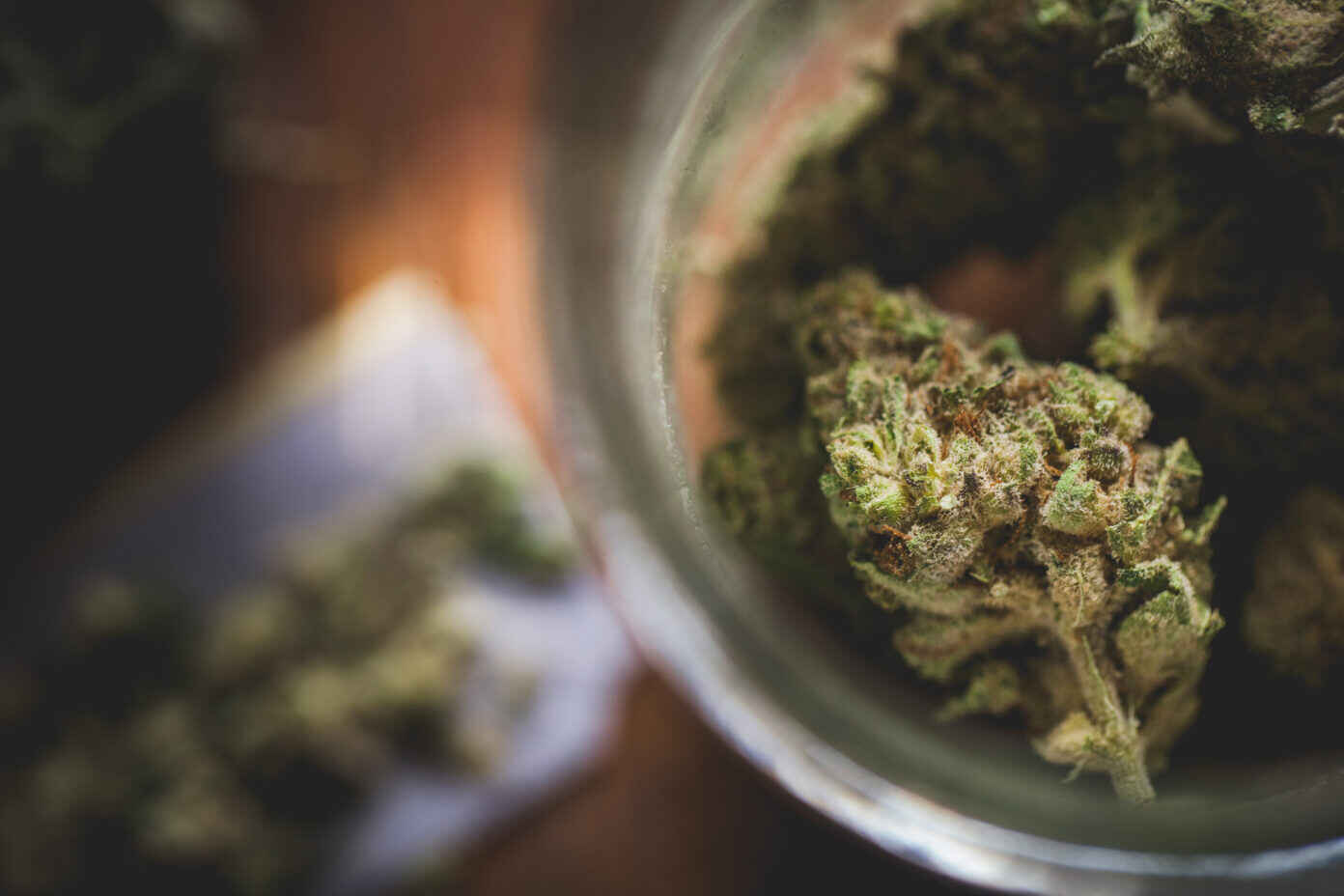The Network’s Fall Summit: Helping the Public Health Community Navigate the Rapidly Changing Field of Cannabis Law
June 28, 2022
Overview
Cannabis law and policy is evolving at a blistering pace driven largely by state legalization of medical and adult-use cannabis. While cannabis remains illegal under federal law, there are stirrings of change. In this churn of changing state laws public health is faced with myriad complex issues. How do we address social justice in the shadow of the war on drugs? What policies are effective in preventing youth access? How can the tax revenue generated by cannabis legalization be used to reinvest in communities disproportionately harmed by the war on drugs? What role can local government play in this dynamic environment? To help public health stakeholders better navigate critical issues like these, the Network is hosting a Summit on September 13th and 14th in Baltimore City, Maryland to explore pressing issues in cannabis law and policy.

Cannabis law and policy is evolving at a blistering pace. This rapid development is largely driven by state legalization of medical and adult-use cannabis. Currently, thirty-seven states and the District of Columbia have legalized medical cannabis, while nineteen states and D.C. have legalized adult-use cannabis. These legal cannabis markets are creating tremendous economic opportunities, with legal sales expected to reach $33 billion in 2022. And while the legal cannabis industry is prospering, communities of color are still disproportionately targeted by laws that criminalize cannabis possession and use. A Black person is 3.64 times more likely to be arrested for marijuana possession than a White person, despite similar marijuana use rates.
While cannabis remains illegal under federal law, there are stirrings of change with bills like H.R.3617, the Marijuana Opportunity Reinvestment and Expungement Act (MORE Act). The MORE Act, which would legalize cannabis at the federal level, has passed the House and sits in the Senate Finance Committee. In addition, delta-8 THC products derived from hemp are being sold across the country. Delta-8 THC is an isomer of the primary intoxicant in cannabis, delta-9 THC, and presents similar public health concerns, such as lethargy, uncoordinated movements and decreased psychomotor activity, difficulty breathing, altered heart rate, and sedation. However, with the 2018 Farm Bill’s legalization of hemp (cannabis with very low delta-9 THC levels), delta-8 products have proliferated because of a lack of clear regulatory policy.
In this churn of changing state laws, social justice challenges, looming federal change, and the emergence of novel products, public health is faced with myriad complex issues. How do we address social justice in the shadow of the war on drugs? What policies are effective in preventing youth access? How can the tax revenue generated by cannabis legalization be used to reinvest in communities disproportionately harmed by the war on drugs? What role can local government play in this dynamic environment? What is the science surrounding the medical benefits and health risks of cannabis? How could federal legalization impact state regulatory efforts? To help public health stakeholders better navigate critical issues like these, the Network is hosting a Summit on September 13th and 14th in Baltimore City, Maryland.
The Summit will bring together legislators, regulators, scientists, cannabis attorneys, social justice advocates, and other experts to explore pressing issues in cannabis law and policy. The Summit’s expert panels will cover the following topics:
- the challenges and opportunities of cannabis legalization from the perspective of legislators;
- the science behind the medical benefits and health risks of cannabis;
- critical cannabis case law developments;
- social justice and equity in the shadow of the war on drugs;
- cultivating safety and equity in the cannabis regulatory environment;
- the future of federal cannabis policy; and
- addressing the regulatory void surrounding non-delta 9 THC products.
For more information and to register, you can visit the Summit website. Also, stay tuned to the Network’s website; we will be announcing some exciting Summit speakers in the upcoming weeks.
This post was developed by Mathew R. Swinburne, Associate Director, Network for Public Health Law—Eastern Region Office, and lead author of Cannabis Quarterly, a newsletter providing updates on statutory and regulatory changes at the federal and state level, key issues, emerging research and articles related to cannabis use and distribution. Sign up for Cannabis Quarterly here. The Network for Public Health Law provides information and technical assistance on issues related to public health.
The legal information and assistance provided in this document do not constitute legal advice or legal representation. For legal advice, readers should consult a lawyer in their state.
Support for the Network is provided by the Robert Wood Johnson Foundation (RWJF). The views expressed in this post do not represent the views of (and should not be attributed to) RWJF.
